detail profile paulo autran
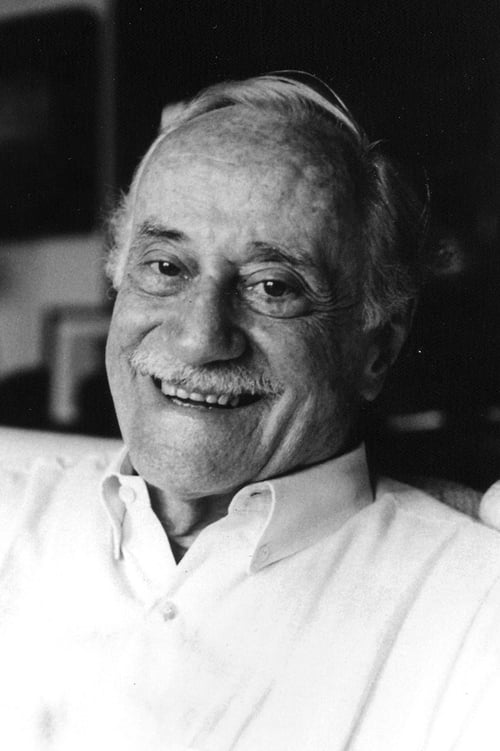
Riwayat Hidup
Paulo Paquet Autran (Rio de Janeiro, September 7, 1922 — São Paulo, October 12, 2007) was a Brazilian theater, film and television actor.
His accomplishments during his life earned him the nickname, "Lord of the Stage".
Info Pribadi
Peran Yang Di Mainkan Paulo Autran
 The trajectory and artistic imagery of...
The trajectory and artistic imagery of...Zimba 2021
The trajectory and artistic imagery of actor and director Zbigniew Ziembinski (1908-1978), precursor of modern theater in Latin America and master of generations of Brazilian actors. The polyphonic montage builds on vast unpublished material, covering half a century of performances, teletheaters and interviews by Zimba, as he was known – before and after fleeing Poland, on the eve of the invasion of Warsaw – and recreates fragments of Wedding Dress , a play by Nelson Rodrigues which the Polish-Brazilian director won a revolutionary montage in 1943.
 Follows the story of Opinio a...
Follows the story of Opinio a...Memórias do Grupo Opinião 2019
Follows the story of Opinião, a theatre group created in 1964 during the early Brazilian dictatorship period to oppose the government through artistic performances. Considered the first left-wing response to the dictatorship, the group gathered now famous Brazilian artists such as Nara Leão, Maria Bethânia, João do Vale and Millôr Fernandes.
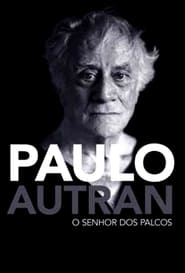 A portrait of the evolution of...
A portrait of the evolution of...Paulo Autran – O Senhor dos Palcos 2017
A portrait of the evolution of theater in the 20th century and a deep reflection on the art of acting through the career of Paulo Autran (1922-2007), one of the greatest actors in Brazil.
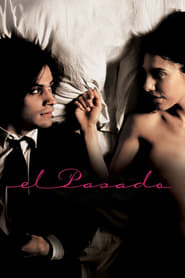 After 12 years Sofa and Rmini decided...
After 12 years Sofa and Rmini decided...The Past 2007
After 12 years, Sofía and Rímini decided to separate. While Rímini finds it easy to move on and start a new life, Sofía stays stuck in the past and constantly harasses him. She reappears again and again on Rímini's horizon to reconquer him, torture him or redeem him.
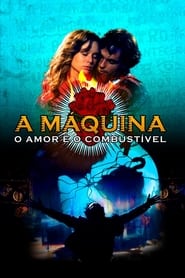 In Nordestina a small town lost...
In Nordestina a small town lost...The Machine 2006
In Nordestina, a small town lost in the Brazilian badlands, young Karina dreams of becoming an actress and leaving to explore the world. Before losing his love, Dona Nazaré’s son, Antônio, takes the first step in a kamikaze crusade to bring the world to Karina. For that, Antônio leaves town and announces, in a TV show that he will set off on a sensational adventure: a trip into the future, starting from Nordestina’s square. A story where dreams contradict reality, geographical and political conditions threaten to block life, and love plays the part of the transforming element.
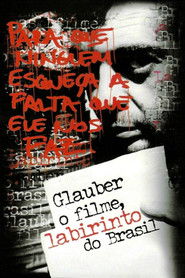 Documentary about Brazilian filmmaker Glauber Rocha...
Documentary about Brazilian filmmaker Glauber Rocha...Glauber Rocha - The Movie, Brazil's Labyrinth 2003
Documentary about Brazilian filmmaker Glauber Rocha, one of the most important names in the Cinema Novo, with interviews with some of his friends and colleagues.
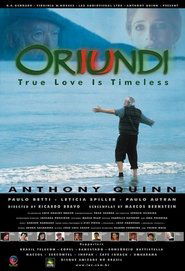 In a love story set in...
In a love story set in...Oriundi 2000
In a love story set in Curitiba, Southern Brazil, a patriarch witnesses the crumbling of his life-long family business at the hands of his descendants. Suddenly Sofia appears. Is she from this world, and is she the key to this family's happiness and their hope for survival?
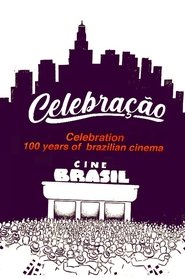 Portraits and excerpts from Brazilian films...
Portraits and excerpts from Brazilian films...Celebração - 100 Anos do Cinema Nacional 1997
"Portraits and excerpts from Brazilian films from all times. Actors, directors and images that affirm cinema."
 Eldorado a fictitious country in America...
Eldorado a fictitious country in America...Entranced Earth 1967
Eldorado, a fictitious country in America, is sparkling with the internal struggle for political power. In the eye of this social convulsion, the jaded journalist Paulo Martins opposes two equally corrupt political candidates: a pseudopopulist and a conservative. In this context, Paulo is torn between the madness of the elite and the blind submission of the masses. But, in this complex tropical reality, nothing really is what it seems to be.
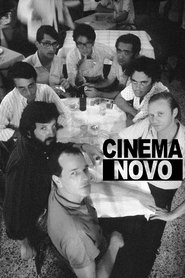 Originally produced for German TV Improvised...
Originally produced for German TV Improvised...Improvised and Purposeful: Cinema Novo 1967
Originally produced for German TV, Improvised and Purposeful is a firsthand look at the "Cinema Novo" movement (otherwise known as the 'Brazilian New Wave'). Director Joaquim Pedro de Andrade focuses on six Cinema Novo filmmakers working in Rio in 1967.
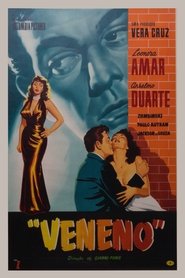 An employee of a glass factory...
An employee of a glass factory...Veneno 1952
An employee of a glass factory suffers with his wife's contempt and starts to develop homicidal delusions about her. One night, he meets a singer which resembles his wife a lot and conjures up a plan.
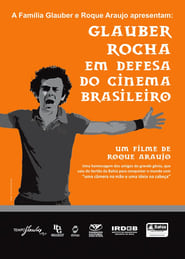
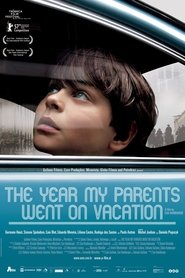 A boy is left alone in...
A boy is left alone in...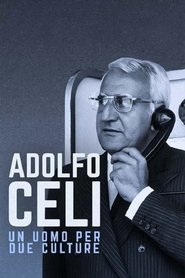 italian documentary
italian documentary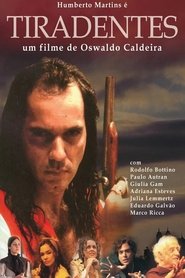 The story of one of the...
The story of one of the...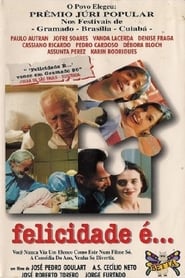 Four directors tell stories related to...
Four directors tell stories related to...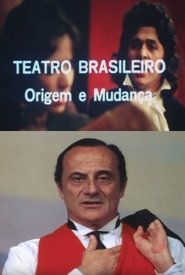
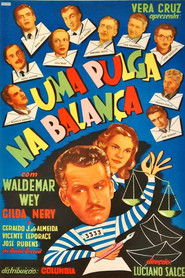 Swindler in jail devises a scheme...
Swindler in jail devises a scheme...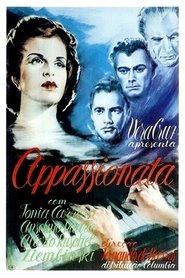 Slvia Nogalis a renowned concert pianist...
Slvia Nogalis a renowned concert pianist...